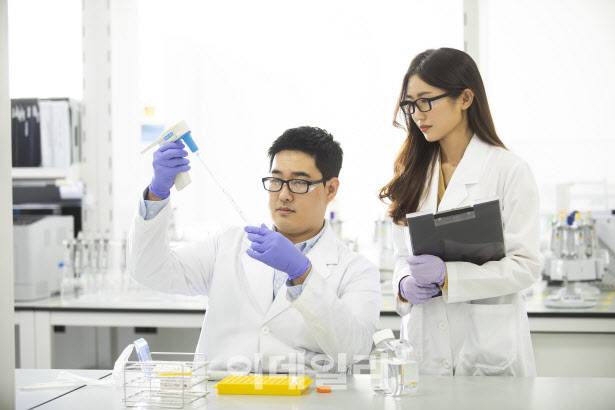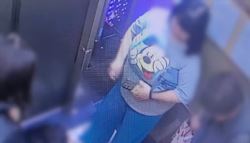|
The real-world study included 238 domestic patients who were prescribed Adalloce between September 2017 and June 2024. Among the 213 patients whose treatment effectiveness was assessable, Samsung Bioepis reported a reduction in average disease activity scores at week 24 across those with axial spondyloarthritis (axSpA), rheumatoid arthritis (RA), and Crohn’s disease (CD) who were treated with adalimumab for the first time.
Additionally, patients who switched to Adalloce from other adalimumab therapies showed comparable disease activity levels before and after switching, the company said.
Based on these results, Samsung Bioepis concluded that Adalloce demonstrated consistent efficacy without new safety concerns in patients with axSpA, RA, CD, ulcerative colitis (UC), and psoriatic arthritis (PsA), aligning with outcomes from earlier clinical trials.
The company also shared data projecting potential cost savings from introducing ustekinumab biosimilars used to treat autoimmune conditions like psoriasis (PsO), PsA, and CD in Germany, the U.K., and Sweden. The model compared drug expenditure under two scenarios: one with biosimilars in the market and one without.
The analysis estimated that ustekinumab biosimilars could reduce healthcare spending by €440 million ($480 million) in Germany, €49.5 million ($54 million) in the U.K., and €36.8 million ($40 million) in Sweden over three years.
Jihoon Kil, head of the Medical Team at Samsung Bioepis, said, “Research on biosimilar efficacy and cost-saving potential is a testament to our ongoing commitment to improving access to high-quality biologics.”
At the conference, the company also opened a booth to engage with healthcare professionals and industry stakeholders, showcasing its immunology product portfolio and raising awareness about the benefits of biosimilars.
Samsung Bioepis currently markets nine biosimilars in South Korea, four of which Etoloce, Remaloce, Adalloce, and Epzitek are sold directly to customers without commercial partners.


![이렇게 얇은 폰은 처음!…갤S25 엣지, 슬림폰 열풍 일으킬까[잇써봐]](https://image.edaily.co.kr/images/vision/files/NP/S/2025/05/PS25052400332t.jpg)

![양육비 안주며 외제차 사는 전 남편, 어떡하죠?[양친소]](https://image.edaily.co.kr/images/vision/files/NP/S/2025/05/PS25052400117t.jpg)

